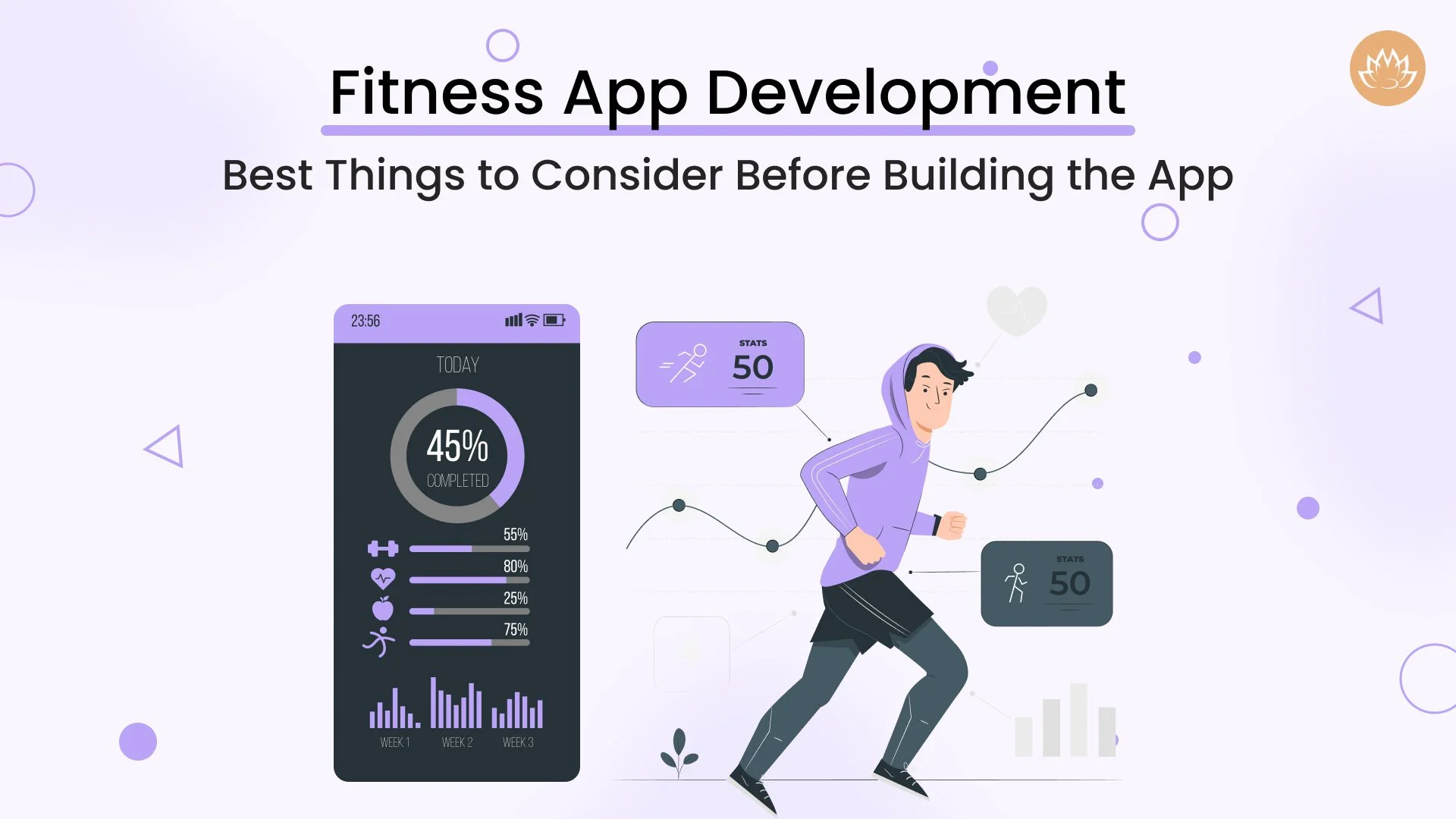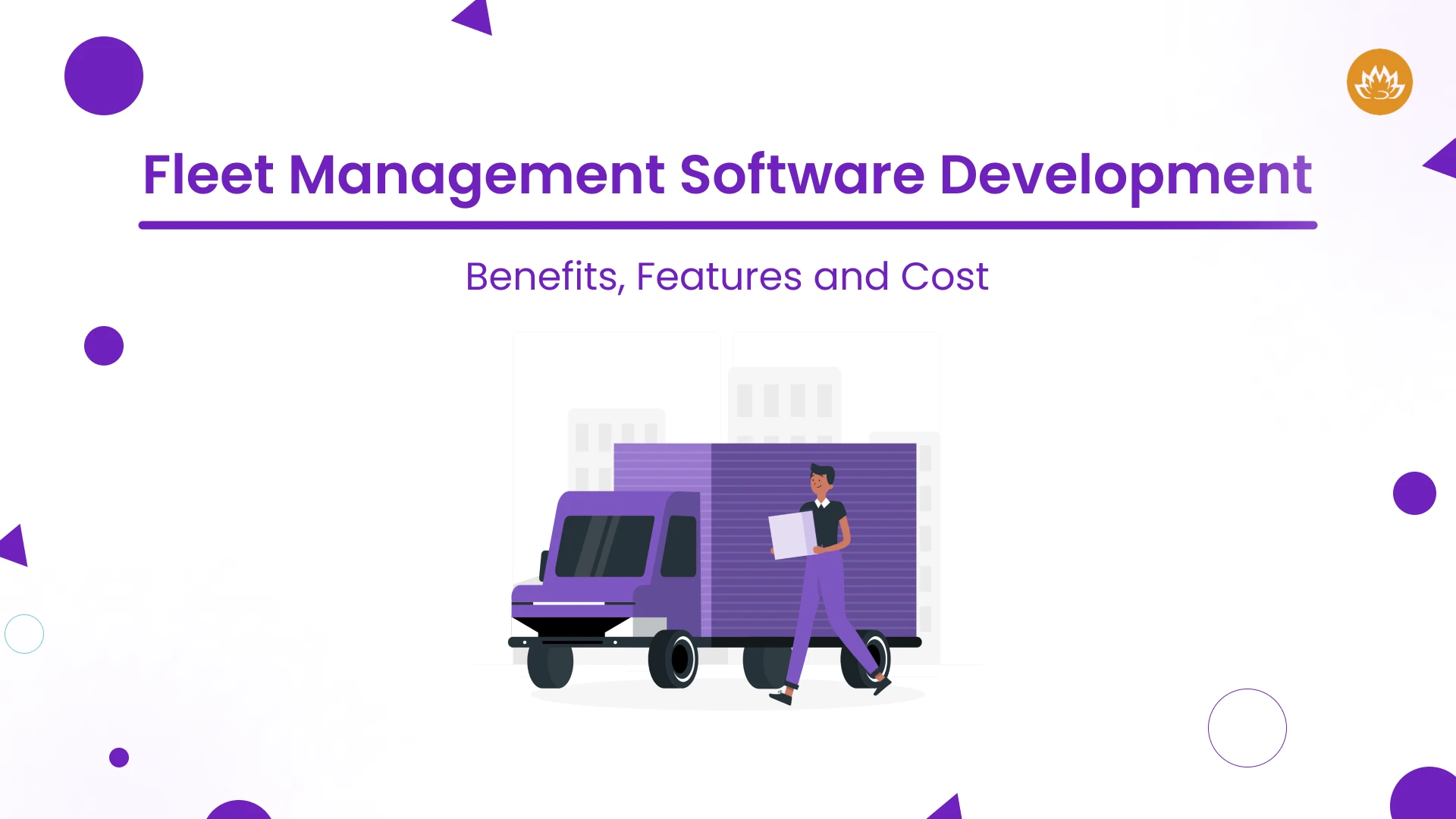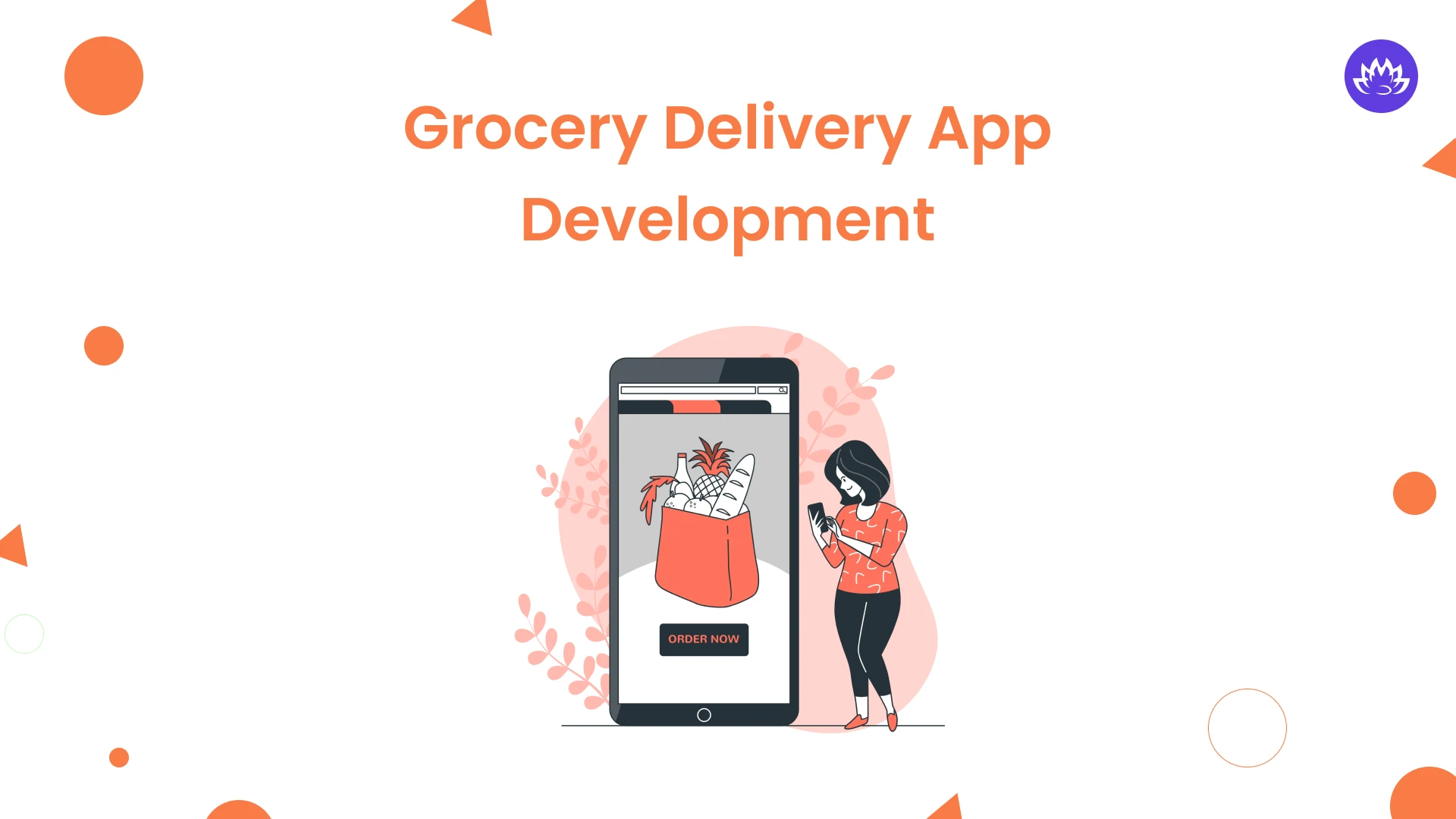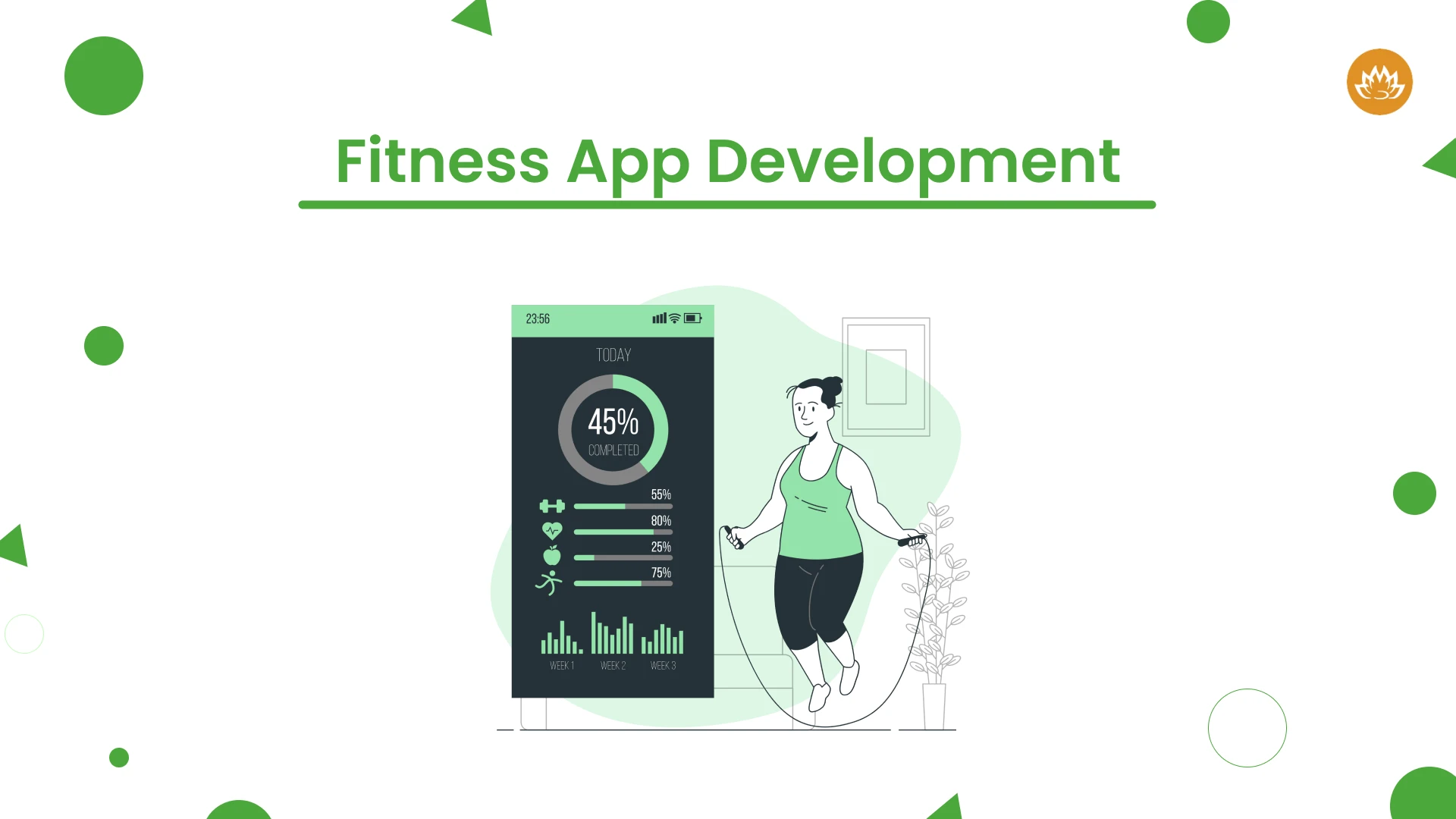Fitness apps have become an essential addition to individuals looking to enhance their fitness goals. But given that there are so many available apps in the market, it is crucial that you carefully assess certain aspects before creating one of their own.
Health and fitness app development services have experienced an exponential surge in demand. More and more individuals rely on technology to monitor their workouts, nutrition, and fitness goals. A fitness app with the proper functionalities can provide users with personalized guidance, motivation, and accountability for reaching fitness objectives.
Before diving into developing a fitness app, it’s essential to carefully consider all of its constituent elements, which could impact its success or failure. From understanding target audiences and unique features to user-friendly designs and seamless functionality, each factor plays a part in improving user satisfaction. In this post, we explore all that needs to be considered prior to begin the fitness app development journey.
1. Define Your Target Audience
2. Conduct Market Research
Conduct extensive market research on the current fitness app landscape. Assess competitors to understand their strengths and weaknesses to create unique features to differentiate your app and set you apart. Understanding market trends and user expectations will assist with making informed decisions during development processes.
3. Determine the Core Features
What makes flutter a best choice for Fitness App Development: A detailed Guide in 2023
- User Registration and Profile Creation: Enabling users to build personalized profiles and track their progression over time is crucial.
- Activity Tracking: Utilize features that enable users to keep tabs on their workouts, steps taken, calories consumed, and distance covered – amongst other metrics – through activity tracking capabilities.
- Goal Setting: Allow users to set fitness goals and receive customized recommendations based on their objectives.
- Workout Plans: Provide users with pre-designed workout plans or the flexibility to design custom routines based on their preferences and fitness levels.
- Social Sharing: Include social sharing features that enable users to easily share their accomplishments, progress, and challenges with friends and followers.
- Push Notifications: Keep users engaged and motivated by sending reminders, motivational messages, and updates using push notifications.
- Integrate With Wearable Devices: Integrating wearable devices like fitness trackers or smartwatches could enhance user experience and data accuracy, offering a better experience to end-users and providing greater accuracy of data analysis.
4. Design and User Experience
Your fitness app relies on having an engaging user interface for success. Make sure it is intuitive, user-friendly, and tailored towards meeting target audience preferences. Consider hiring professional UI/UX designers who can design visually stimulating user interfaces and help you with the best fitness application development services experience overall.
5. Select an Appropriate Development Approach
6. Ensure Data Security and Privacy
Fitness apps often collect sensitive user data such as personal details, health metrics, and geolocation. To maintain trust with users and build loyalty among members of your fitness app community, prioritizing data security and privacy must always take precedence over anything else. Implement robust measures to safeguard user data while adhering to relevant privacy regulations like GDPR or HIPAA, depending on what information is collected from users.
7. Thoroughly Test and Iterate
Carefully test and iterate before launching your fitness app to make sure it will function seamlessly across devices and platforms. Gather feedback from user testing sessions, identify areas for improvement, and implement regular updates to optimize app performance, fix bugs or add features as per evolving user needs.
Recap
Building an effective fitness app requires careful planning, market research, and attention to user preferences. By targeting your audience specifically and understanding market requirements as you incorporate essential features, your app could stand out from the competition.
Remember to focus on user experience while protecting data security as part of rigorous testing so as to deliver a top-quality app that motivates users to meet their fitness goals – Hire Whitelotus Corporation for the top best mobile application development services that specializes in health & fitness app development services to make this journey seamless and successful!
Author
-

Kirtan is CEO of Whitelotus Corporation, an emerging tech agency aimed to empower startups and enterprises around the world by its digital software solutions such as mobile and web applications. As a CEO, he plays key role in business development by bringing innovation through latest technical service offering, creating various strategic partnerships, and help build company's global reputation by delivering excellence to customers.
View all posts













